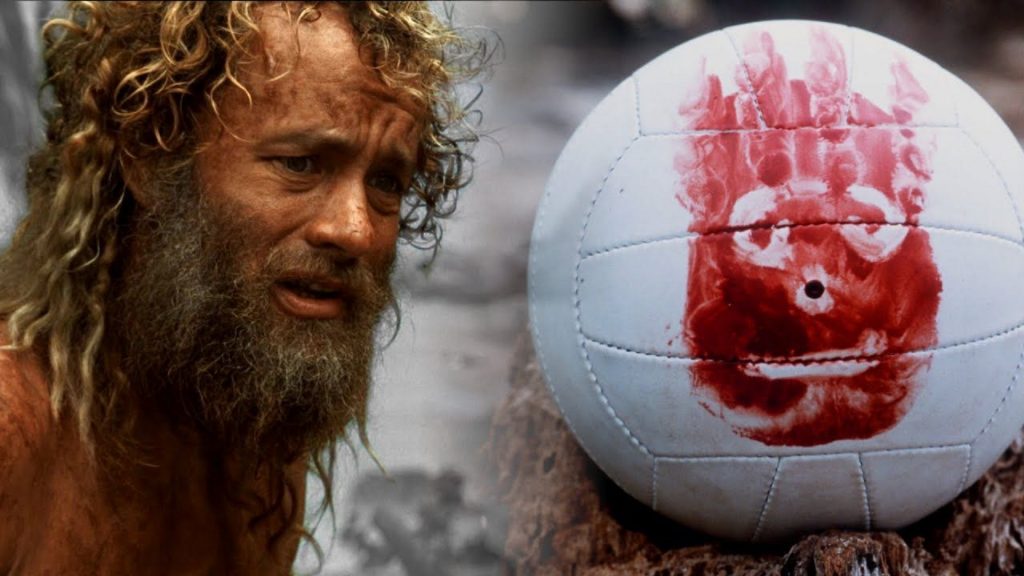Why do some people surprised their friends after a long term disconnection with them?

It has been a long while since the start of the outbreak of COVID-19. Many people have not seen their friends for a long time. In recent few months, the relaxation of the social distancing measures allows people to resume meeting their friends for catching up. However, some of the friends of my client may find that their expectations on my client are different from their experiences in encountering with them during the recent catching up. They may find a bit confused for the change of my client within these few years that is inconsistent with their past perception on them. For instance, when they have seen my client posting less on the social media, they might think that it must be my client going through some hardships in life. They frequently perceive what they see or not see in social media in reference to their previous experiences with the person. However, one of the underlying reasons for my client not to post too much on social media may be his internal change in his values or his busy engagement with other more meaningful activities in his life.
Our tendency to use our previous experience with that person as a reference is related to the mechanism of our brain. According to David Eaglement, an American neuroscientist, when we perceive, we do not directly see the reality of what we perceive. Instead, we process what we encode in our brain with the reference of an internal model of the outside world or of other people. The internal model of our brain is developed through our previous experiences in the encounter with the outside world or with the other person. As David Eaglement wrote in his book, The Brain, “No one is having an experience of the objective reality that really exists, each creature perceives only what it has evolved to perceive”. As a result, the friends of my client used their previous experience in the social media that my client made posting only when he is having a good life. When my client posted less on social media, their internal model processed as my client must be having some troubles in his life. They felt surprised when they met my client in person in social gatherings to find out that actually my client was having good life despite not posting in social media.
In fact, our brain is a storyteller basing on its internal model developed through all of our previous experiences. For instance, when a person made a posting on social media to showcase her simple small plants blooming at home, different friends of her would have different perception. Some of her friends might actually appreciate this person’s mindfulness in being able to be aware of the blooming of a simple non-eyecatching plant. These friends might think this person is having a peaceful and pleasant life. On the contrary, some of her friends who tended to post extravagant fine dining experiences or eyecatching home decorations in social media, might perceive this person as living a less than satisfactory life. They might start to look down upon this person and reduce connecting with her. If these friends did not update their internal model in their brain for this person, they might lose this precious friend with peace and tranquility.
The internal model of our brain is useful for saving our energy to perceive this world and others by only encoding a limited amount of incoming sensory information. Our reference of our internal model is also useful for us to perceive the ambiguous reality sometimes. However, it is problematic if we are too sure about the accuracy of our internal model. This is why we need to catch up with our friends more regularly to update our internal model of them. Let us depend less on the using of social media for connection and reach out to our friends personally.



